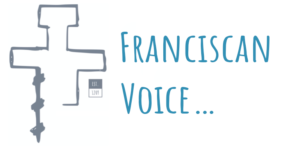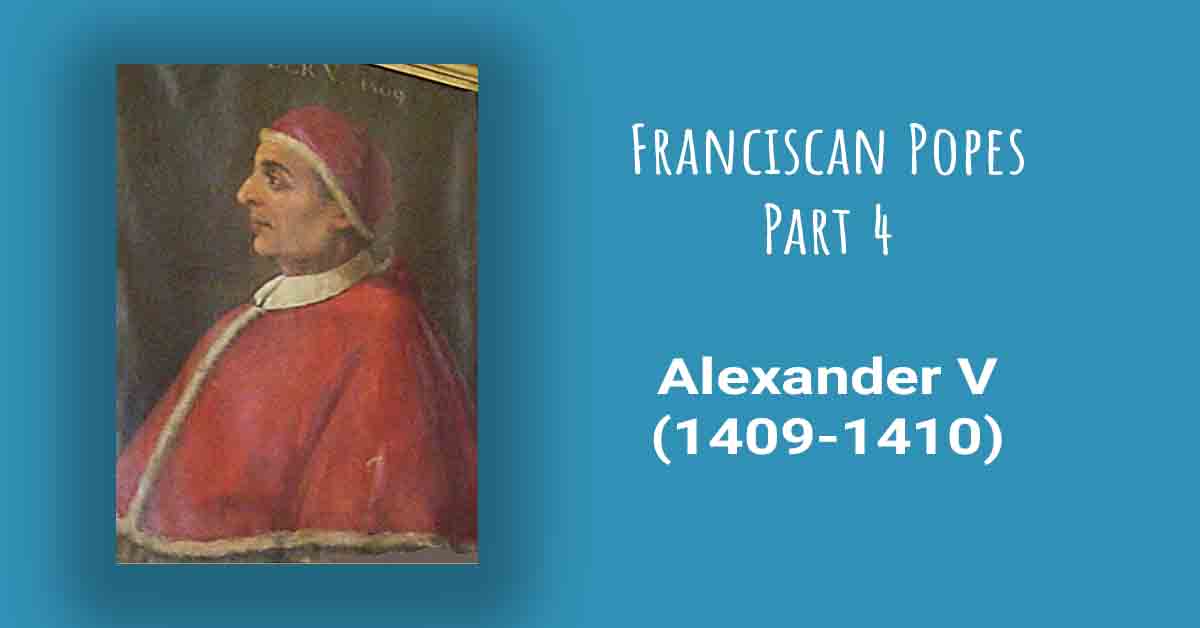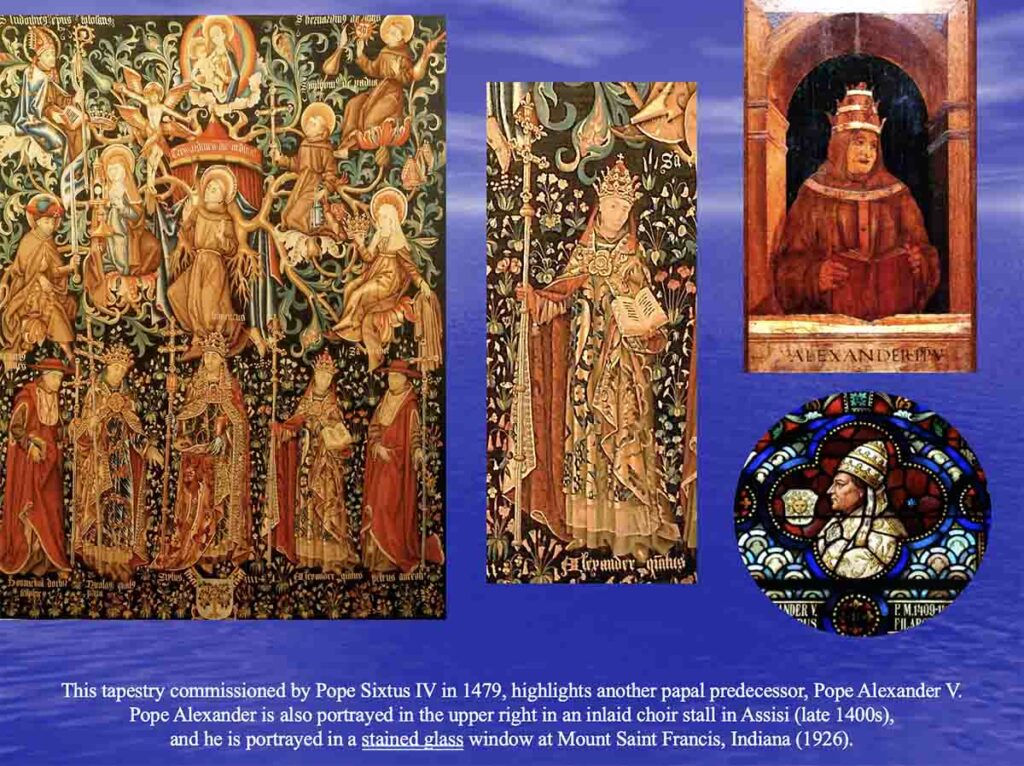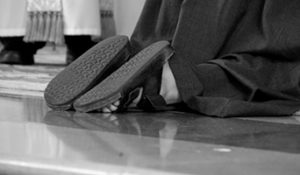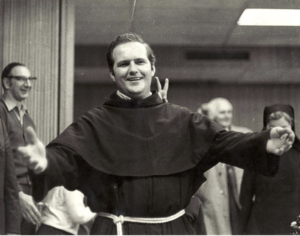Franciscan Popes - Part 4
(An excerpt from a presentation by friar Joseph Wood OFM Conv.
Read the introduction to this series
Read Part 2 of the the series: Pope Gregory XI?
Part 3: Pope Nicholas IV)
Baptized Pietro Filargo on the Isle of Crete (which was then part of the Venetian Empire), he was orphaned at a very young age and became a homeless beggar without relatives or friends. The friars accepted the wandering peasant boy as their ward and gave him a primary education.
After taking vows in the community, Pietro was sent to Venice and Padua for studies. Showing extraordinary promise, the future pope was sent to Oxford and Paris where he distinguished himself as a professor, preacher, and writer. Pietro promoted Greek thought and taught in Bohemia, Poland, and Russia. Returning to Italy, he became the tutor to the son of the Duke of Milan, and was the Duke’s ambassador on many missions. He soon became the Archbishop of Milan and was regarded as a man of profound learning and unlimited charity.
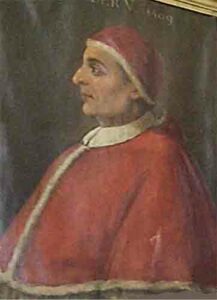
Then, on June 26, 1409, Pietro Filargo was unanimously elected by the cardinals to fill the vacant seat of Peter, taking the name of Alexander V. Pope Alexander immediately set about bringing peace between the warring leaders of not only the Church, but also his own Order, which was bitterly divided by the chaos of the Western Schism (and its own poverty controversies).
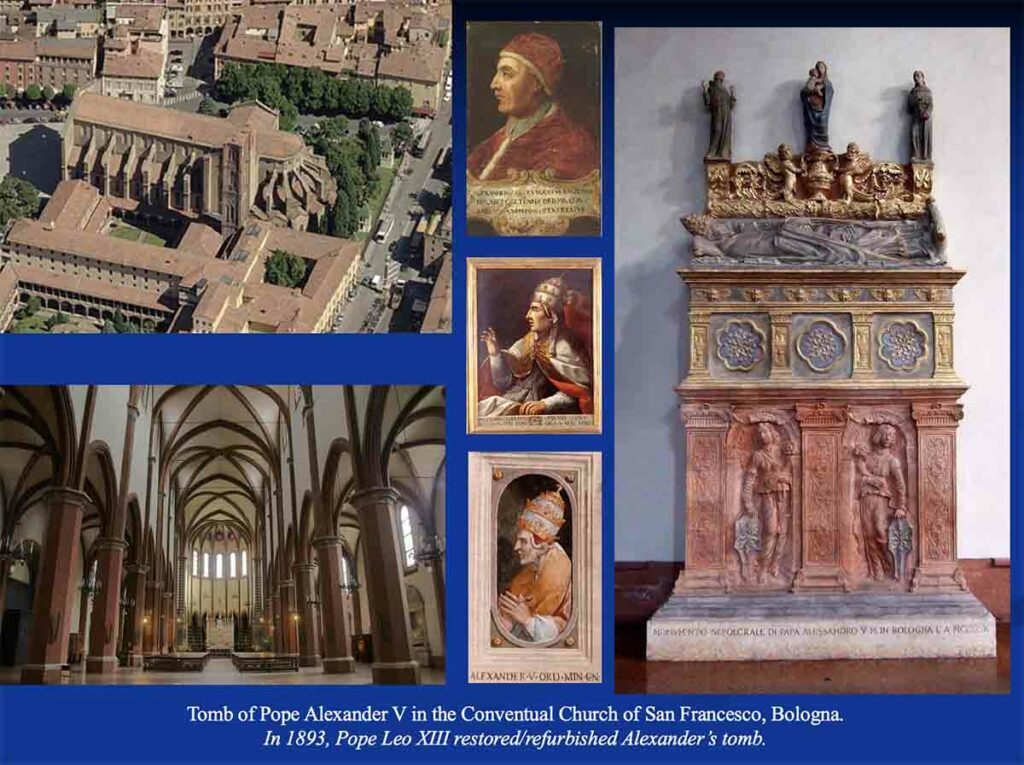
Next in this series is (pope) Nicholas V. Friar Pietro Rainalducci, an Observant, was never considered a valid pope. There was a valid “Nicholas V” (1447-1455). Check back for the full story…
